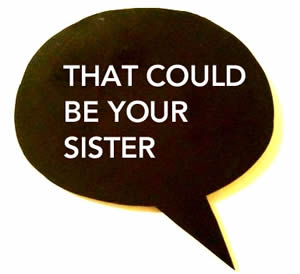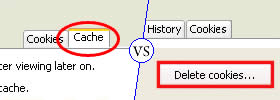Difference between Could and Can
Key difference: Can is used as an auxiliary to indicate ability, skill, or fitness to perform a task. Whereas, could is used as an auxiliary to make the past tense of can.
Can and could are modals. These are auxiliary words that are used with a main verb. The uses of the terms are often confused in grammar. Can is in the present tense, while could is in the past tense.

The word “can” is an auxiliary verb. It is used as a helping verb to assist the main verb of the sentence. It is used to make sentences and to ask questions. ‘Can’ is in the present tense. It is used to state a fact and declare an ability. When used in a sentence, the word considers stating the fact that someone has the ability, or he knows how to do a thing and that he has the skill to do it. It is also used to express possibility, ability, power, privilege, mental skill and potential. The word ‘can’ is direct. The word ‘can’ comes from the Old English word ‘cunnan’ which means ‘have the power to’ or ‘know’. Here are a few examples:
- Can you please come here?
- I can go to the market by myself.
- She can change her password.
 The word ‘could’ is the past tense of can. It is used as the subjunctive mode of ‘can’ in requests and conditional sentences. It indicates the possibility or the lack of possibility. It is the conditional form of the word “can” and indicates nervousness, regard, and the desire of not imposing. It is a more polite way of asking someone to do a favor or to do as one says. The word ‘always’ can also be added to ‘could’. Here are a few examples:
The word ‘could’ is the past tense of can. It is used as the subjunctive mode of ‘can’ in requests and conditional sentences. It indicates the possibility or the lack of possibility. It is the conditional form of the word “can” and indicates nervousness, regard, and the desire of not imposing. It is a more polite way of asking someone to do a favor or to do as one says. The word ‘always’ can also be added to ‘could’. Here are a few examples:
In the past, the women could not vote.
- Could you please come here?
- Could you get me some milk?
- You could always come here.
Comparison between Could and Can:
|
|
Can |
Could |
|
Definition |
It is used as an auxiliary to indicate ability, skill, or fitness to perform a task. |
It is used as an auxiliary to make the past tense of can. |
|
Indication |
It indicates the ability or the lack of ability. |
It indicates the possibility or lack of possibility. |
|
Use |
It is used to help the main verb in a sentence. |
It is the past tense of the word ‘can’. |
|
Form |
It is more direct word. |
It is more conditional. |
Image Courtesy: grammar.about.com, hastac.org









Add new comment